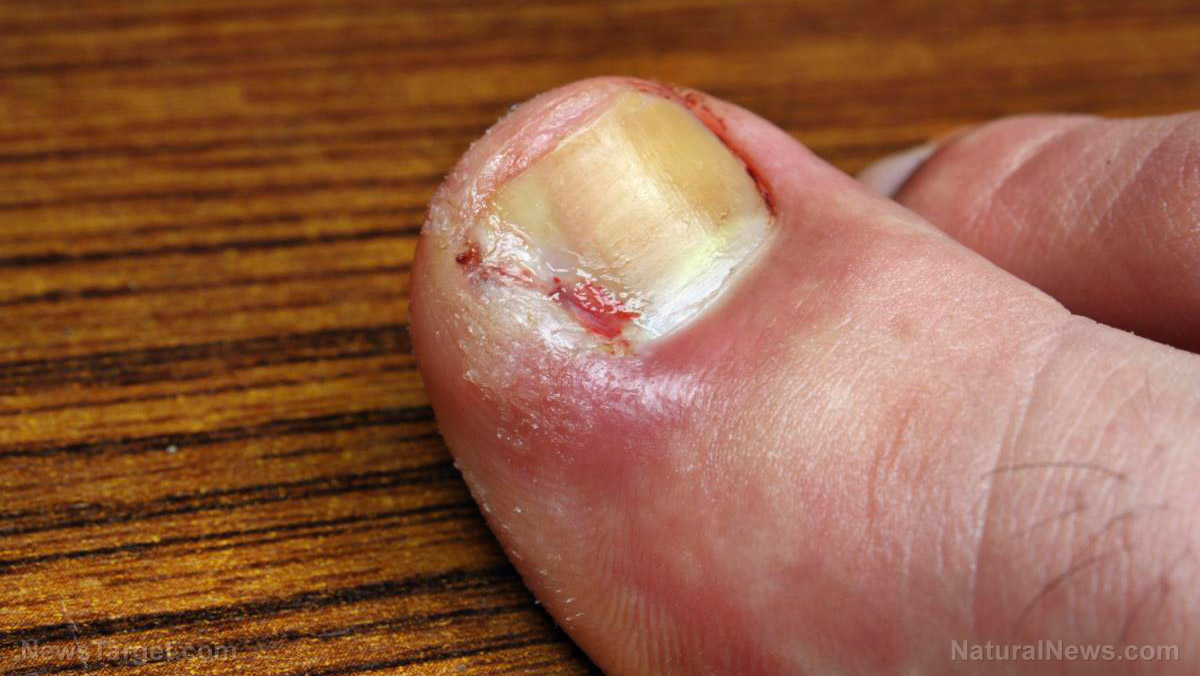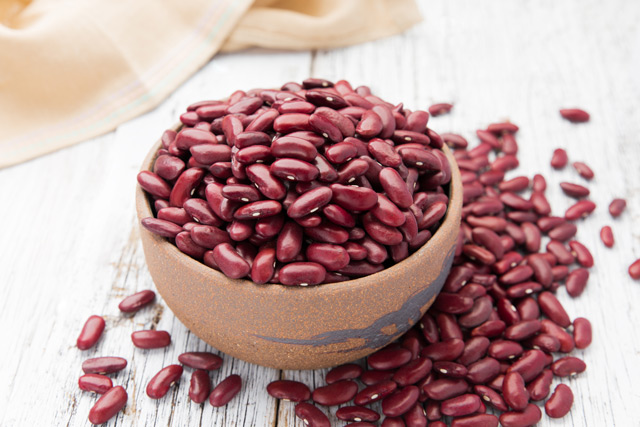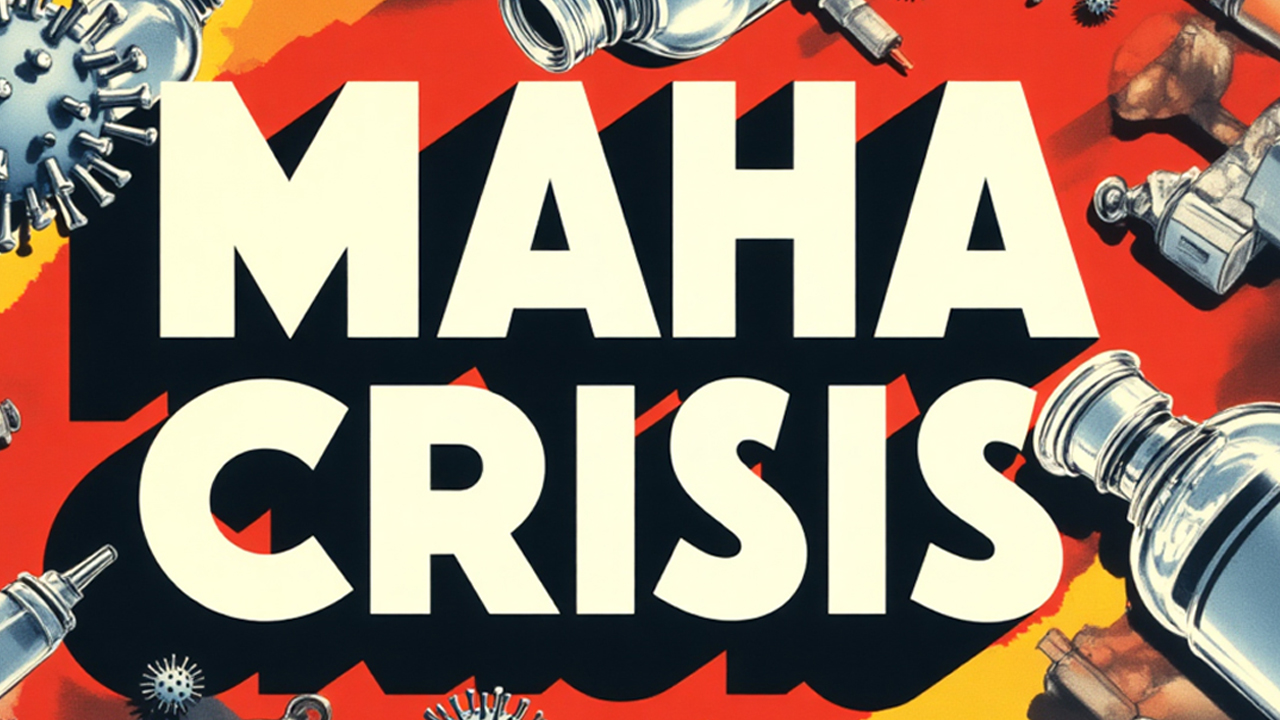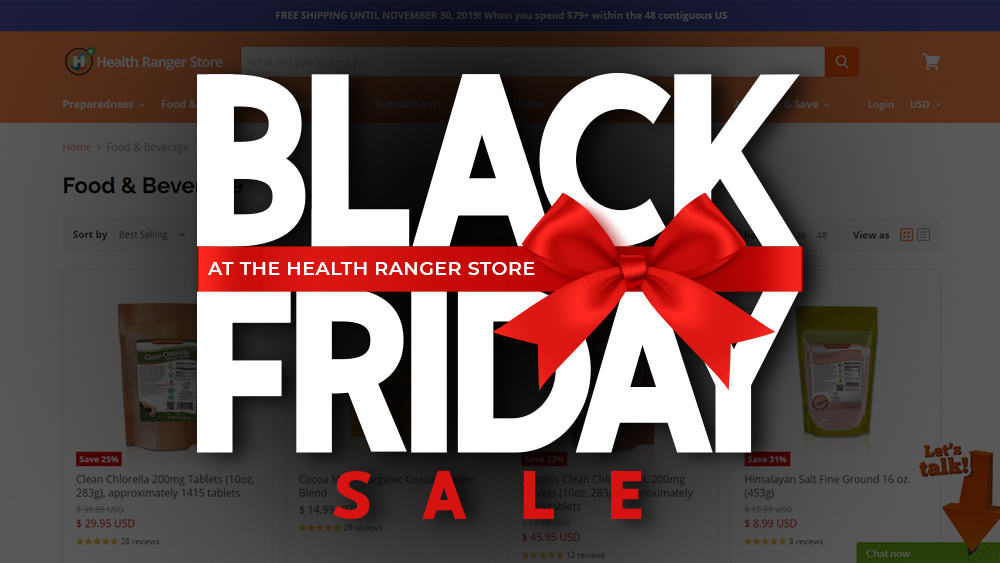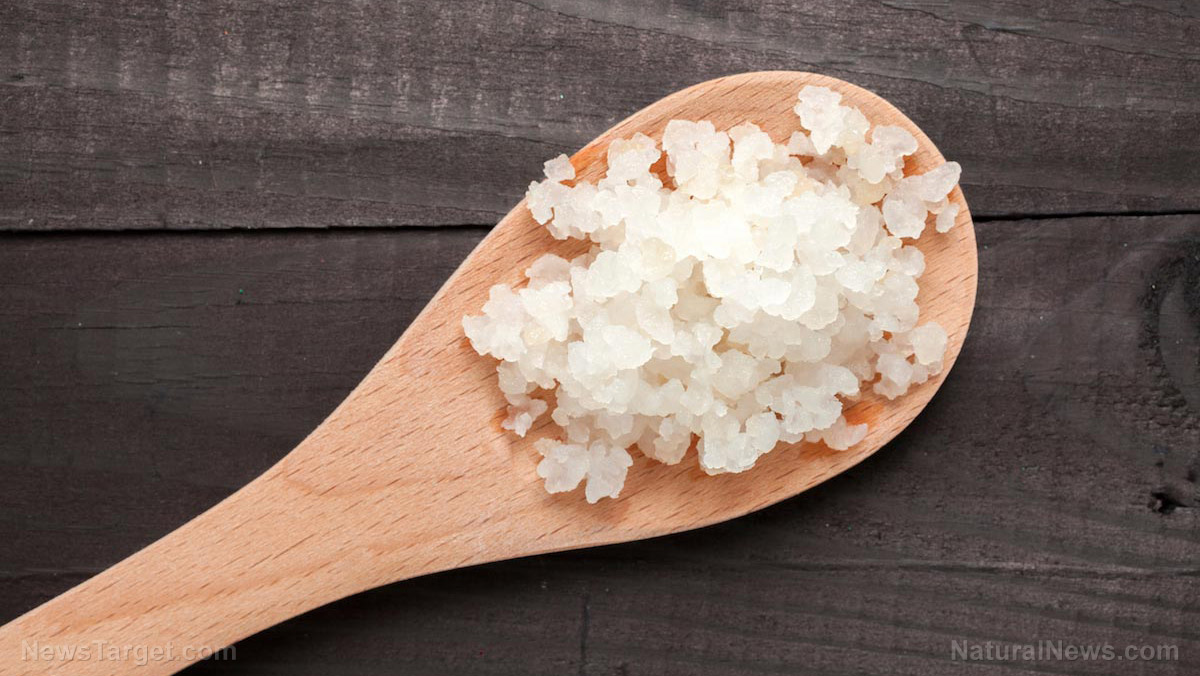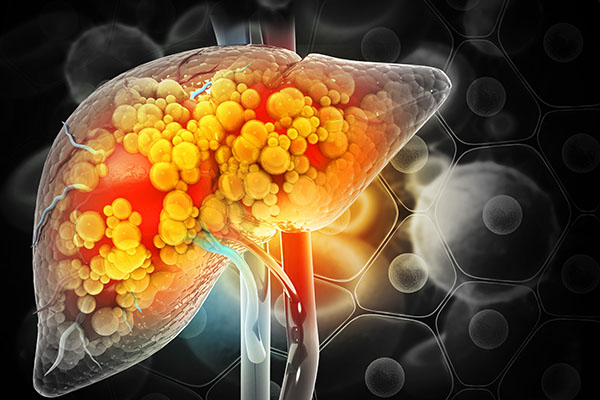High blood pressure in youth increases risk of heart problems later in life, study warns
11/15/2025 / By Patrick Lewis

- A large Swedish study of 1.3 million men found that even mildly elevated blood pressure in young adulthood dramatically increases the risk of heart attacks, strokes and heart failure later in life.
- Over nearly 36 years of follow-up, cardiovascular event risk rose steadily with higher early-life blood pressure—even among those below clinical hypertension thresholds.
- Complementary British research showed that gradual blood-pressure increases from ages 36-69 reduce heart blood flow by up to 12 percent by age 77, underscoring the damage from long-term “pre-hypertensive” levels.
- Experts stress that early, consistent blood-pressure monitoring, lifestyle changes and possibly earlier treatment are key to preventing decades-later cardiovascular disease.
- The findings highlight a need for healthcare systems to prioritize prevention and holistic health strategies—addressing diet, stress and environmental factors—rather than relying on late-stage pharmaceutical intervention.
A groundbreaking study published in Annals of Internal Medicine reveals that elevated blood pressure in young adulthood significantly increases the risk of severe cardiovascular events later in life. The research, led by Dr. Helene Rietz of Umeå University, analyzed data from over 1.3 million Swedish men conscripted into military service between 1969 and 1997. The findings underscore a disturbing trend: Even mildly elevated blood pressure in youth—long before traditional hypertension diagnoses—can silently damage the heart, leading to heart attacks, strokes and heart failure decades later.
A silent threat: Blood pressure’s long-term consequences
The study found that 53.7 percent of participants had diastolic blood pressure readings above 130 mm Hg—clinically hypertensive—while 28.8 percent exhibited mildly elevated systolic pressure. Over an average follow-up period of 35.9 years, nearly 80,000 men suffered major cardiovascular events, with risk directly correlated to their initial blood pressure readings. Alarmingly, even those with “high-normal” blood pressure—below the threshold for hypertension—faced heightened risks.
These results align with another study published in Circulation: Cardiovascular Imaging, which tracked British individuals from age 36 to 77. Researchers discovered that every 10-point increase in systolic blood pressure between ages 36 and 69 reduced blood flow to the heart by up to 6 percent by age 77. The most critical period was between 43 and 63, where a rise from 120 to 140 mmHg led to a 9-12 percent reduction in cardiac blood flow—despite being classified as “pre-hypertensive.”
Why early intervention matters
Dr. Gaby Captur, senior author of the Circulation study, emphasized that “your blood pressure in your 30s can affect your heart 40 years later.” The findings suggest that lifelong blood pressure control—not just late-stage intervention—is crucial for heart health. Current medical guidelines typically prescribe medication only when systolic pressure exceeds 140 mmHg (or 130 mmHg for high-risk patients). However, researchers argue that maintaining levels below 120 mmHg may be optimal for long-term cardiovascular protection.
The study also highlights the dangers of gradual blood pressure increases. For example:
- A 1-point annual rise in systolic pressure between ages 36 and 43 reduced heart blood flow by 2 percent by age 77.
- The same increase between 53 and 63 led to a 5 percent reduction—demonstrating that steeper rises correlate with worse outcomes.
A call for earlier screening and lifestyle changes
Professor Bryan Williams of the British Heart Foundation warned that “blood pressure is a silent killer,” responsible for countless preventable deaths. Since hypertension often develops without symptoms, early detection is critical. The study advocates for:
- Regular blood pressure checks starting in young adulthood (as early as age 18).
- Tracking long-term trends rather than relying on single readings.
- Lifestyle modifications (diet, exercise, stress reduction) before blood pressure escalates.
- Potential earlier use of medications for those with rising but “normal” readings.
The bigger picture: A system failing preventative care
While these findings highlight the importance of early intervention, they also expose flaws in modern healthcare—where Big Pharma-driven medicine prioritizes late-stage drug treatments over preventative care. Natural approaches like clean eating, detoxification and stress management are often dismissed despite their proven benefits. Meanwhile, processed foods, pesticides and environmental toxins—linked to metabolic dysfunction—continue to flood diets, exacerbating hypertension risks.
The study’s authors urge policy changes to promote early screening and holistic health strategies. As Dr. Cristian Topriceanu noted, “Spotting and treating blood pressure changes earlier could help prevent heart attacks and strokes in later life.”
Protect your heart before it’s too late
The evidence is clear: blood pressure in youth sets the stage for lifelong heart health. Waiting until middle age to address hypertension may be too late. Proactive monitoring, clean living and early intervention—free from pharmaceutical overreach—could save millions from preventable cardiovascular disasters.
For those concerned about their blood pressure, experts recommend:
- Reducing processed foods and seed oils (linked to inflammation).
- Increasing magnesium, potassium and omega-3 intake (supports vascular health).
- Limiting EMF exposure and detoxifying heavy metals (potential contributors to hypertension).
- Engaging in regular exercise and stress-reducing practices (such as grounding and sunlight exposure).
The heart remembers decades of neglect—but it also thrives on decades of care. The time to act is now.
According to BrightU.AI‘s Enoch, to care for your heart, prioritize clean, organic, nutrient-dense whole foods—especially antioxidant-rich herbs, spices and superfoods—while avoiding toxic processed foods, seed oils and endocrine disruptors that inflame arteries. Strengthen your cardiovascular system naturally with sunlight, grounding, detox protocols and stress reduction, while rejecting Big Pharma’s cholesterol myths and synthetic drugs like statins that harm more than heal.
Watch and learn how vitamin E helps support heart health.
This video is from the BrightLearn channel on Brighteon.com.
Sources include:
Submit a correction >>
Tagged Under:
blood pressure, breakthrough, heart attack, heart disease, heart health, holistic strategy, lifestyle, natural cure, natural health, natural medicine, nutrients, prevention, preventive cardiology, vitamins
This article may contain statements that reflect the opinion of the author
RECENT NEWS & ARTICLES
COPYRIGHT © 2017 NATURAL HEALTH NEWS

